According to Experts, You Can Majorly Improve Irregular Cycles, PMS, and Hormonal Imbalance by Doing This
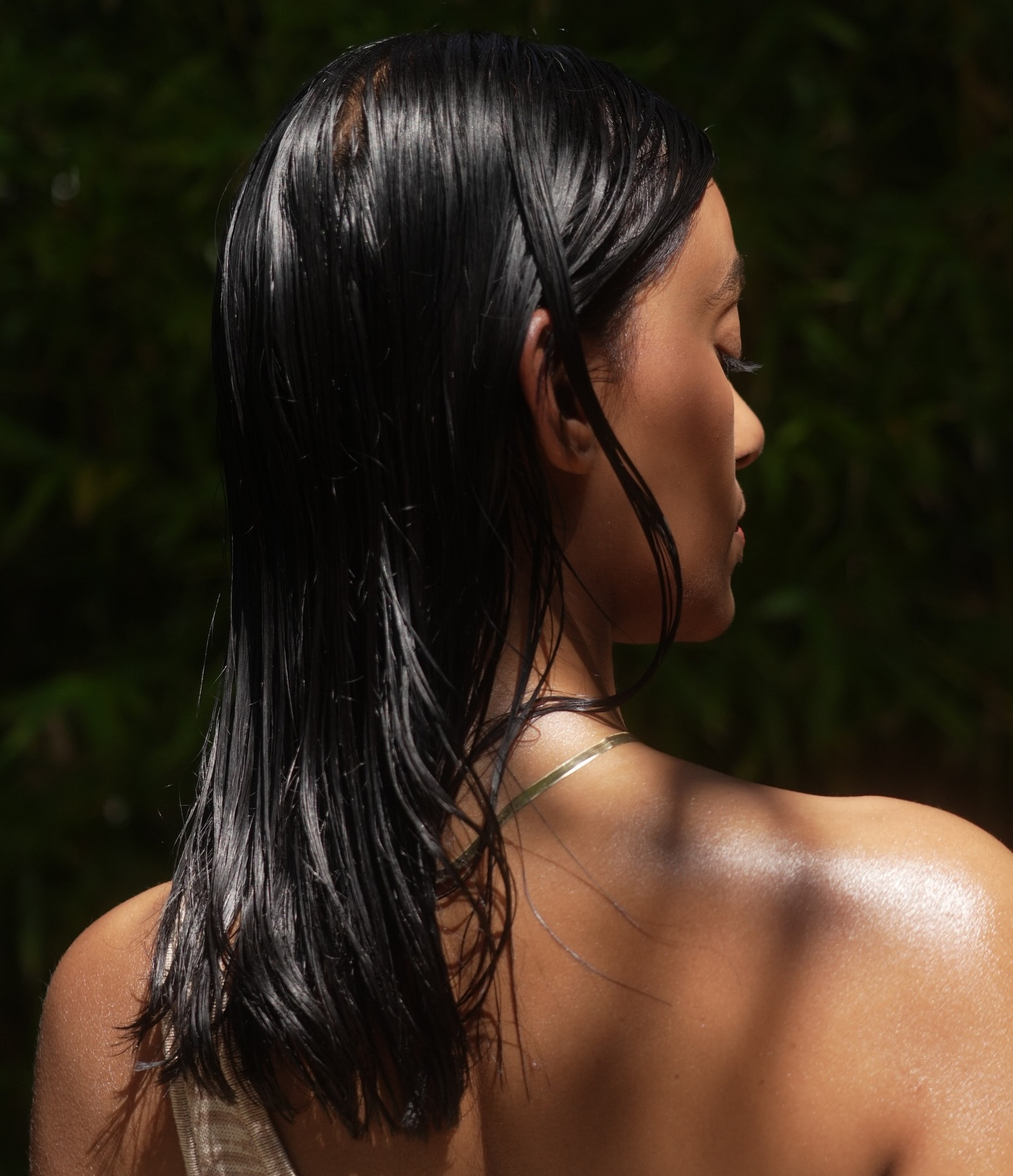
When I went off hormonal birth control after taking it for years, my system felt entirely out of whack. I broke out horribly, my sleep wasn't great, and I felt pretty fatigued throughout the day. As an herbal enthusiast, I knew there had to be solutions out there that could get me back on the right track. After doing a bit of research, I found the key plant-powered formulas that worked wonders for all of the above.
I don't like to gatekeep, so I had to share what worked for me. I also asked experts for their advice to anyone with a cycle who might be dealing with the same issues. While herbal supplements, formulas, and tinctures are great supplemental tools, I also want to note that you should always talk to your doctor before starting any kind of supplement. This is especially true if you're on medication, as some herbs can interfere with it. That being said, if you've been given the okay by your physician, here's a rundown on helpful herbal formulas for women. Keep scrolling.
The Best Herbs for Women's Health
Adriana Ayales—clinical herbalist, herbal educator, and Anima Mundi Apothecary founder—and Casie Giroux, clinical herbalist and senior R&D manager of Apothékary, shared their expert advice. There are a number of helpful herbs out there that are utilized in both Eastern and Western herbalism, but they both came up with a list of their top picks for those with cycles.
1. Nettle: "Nettle is a must for all women in all stages of life. It's safe for pre- and post-pregnancy, before and after the menstrual cycle, [and] during menopause. Nettle is deeply nourishing for all body types, supporting the kidneys, liver, uterus, and more," Ayales says.
2. Chasteberry: Ayales considers this a "super herb" for women. Chasteberry directly enhances the function of the pituitary gland, which is a primary gland that regulates hormone secretion. It's used as a fertility aid and is safe to use in the first stage of pregnancy for miscarriage prevention if there is a history of miscarriages. It also greatly harmonizes the onset of menopause.
3. Shatavari: According to both Ayales and Giroux, shatavari is a beloved adaptogen native to India that supports hormone balancing and the reproductive system. "It can help curb physical and psychological stress often associated with hormonal imbalances," says Ayales. "Shatavari has been successfully used to increase fertility, as a galactagogue, for vaginal dryness, for hot flashes during and around the onset of menopause, and for supplementation post-menopause." Giroux adds, "It has been utilized in Ayurvedic medicine for thousands of years to support the female reproductive system. It is highly nourishing and considered a rejuvenating herb. Specifically, it can help lubricate tissues throughout the body, support healthy fertility, and even promote lactation for new moms."
4. Black Cohosh: "This is one of my all-time favorite plants for wombcare in all stages of life. This precious herb has gained immense popularity, as it's often used as hormone replacement therapy to support women during menopause with few adverse effects. It is often used for symptoms of menopause, premenstrual syndrome (PMS), polycystic ovary syndrome (PCOS), and painful menstruation. Although often associated as an herb for women, Native Americans have used it for a wide array of purposes for centuries, such as colds, rheumatism, kidney disorders, menstrual disorders, to induce labor, lactation and more. Black Cohosh helps alleviate symptoms of hot flashes, sleep disorders, body pains, irritability, mood swings, and osteoporosis," Ayales says.
5. Red Raspberry Leaf: Ayales had a lot to say about this one: "The red raspberry is a unique medicinal food with a rich history. Raspberries are high in several powerful antioxidant compounds, including vitamin C, quercetin, and ellagic acid. These contain a variety of other nutrients, such as magnesium, potassium, vitamin K, calcium, and iron. Red raspberry leaf is an herb commonly used during pregnancy, and studies show that it might not only improve the outcome, but it reduces the possibility of medical intervention. Although it's not technically a pain reliever, the leaves have helped a myriad of women in labor [and] those dealing with PMS, premenstrual bloating, heavy period flows, and endometriosis."
6. Ashwagandha: This widely known adaptogen improves both physical and psychological health, according to Giroux. It also supports a healthy stress response and can help with balancing hormone levels in the body. "Particularly, it is known for balancing cortisol levels," she says. "Women often experience chronically high cortisol throughout their lives, which can have health consequences such as brain fog, weight gain, and sleep issues. Getting cortisol levels in check is key for long-term wellness."
7. Schisandra: Giroux says that one of the many benefits schisandra provides is that it can act as a liver protectant: "A less well-known but important aspect of hormone health is proper elimination of excess hormones via the liver. Through this action, it also supports healthy skin, digestion, and heart health. Schisandra is also known to enhance overall cognitive function, including mental clarity, focus, and even memory. Women during menstruation and menopause report cognitive issues as a primary complaint."
8. Maca: Giroux picks this herb for its energizing abilities, and like ashwagandha, it can help manage your response to stress by providing stable energy levels over time. She says, "It can be used to balance hormone levels during all stages of womanhood—from menstruation through menopause."
For a few formulas with these herbs along with my own favorites, take a look below.
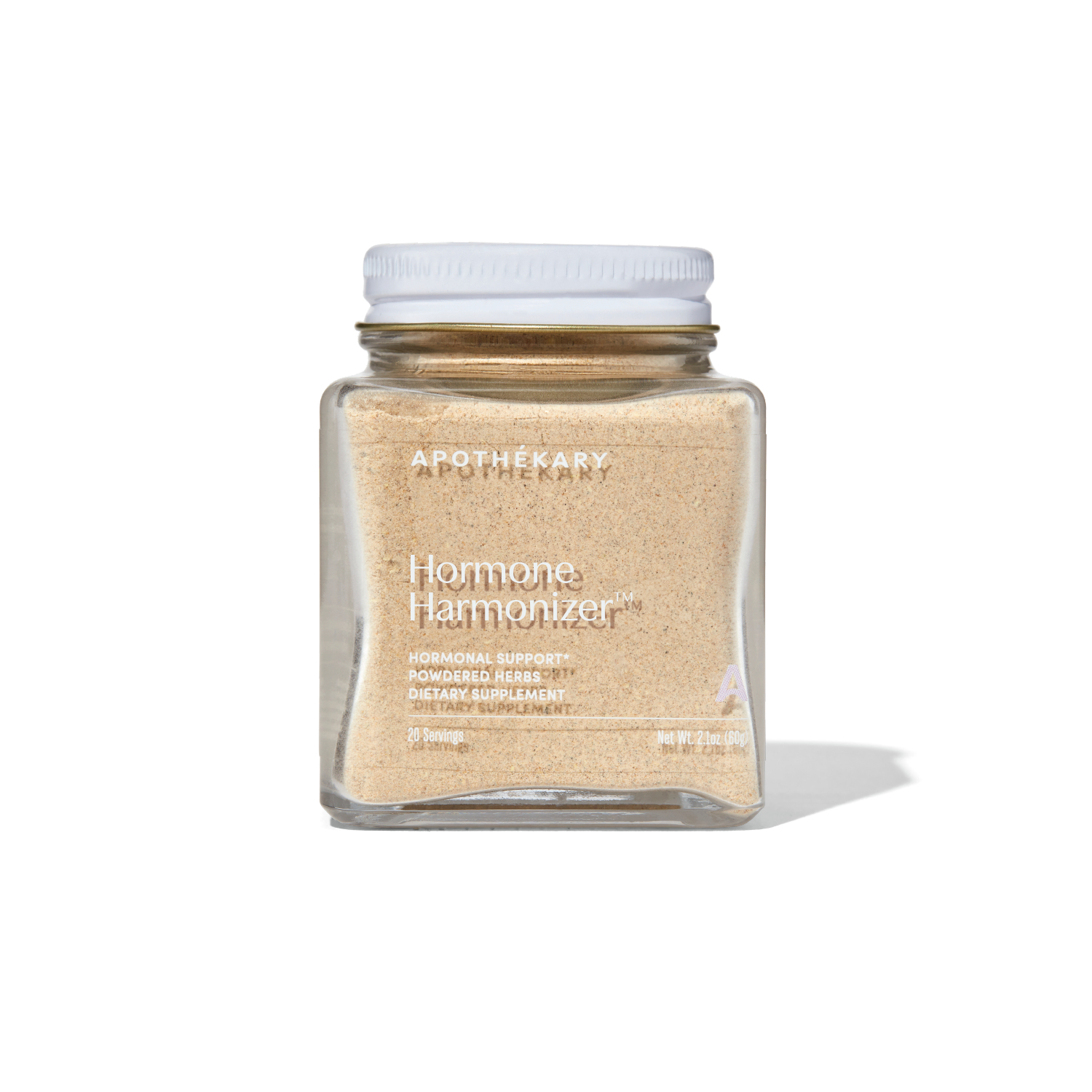
I'm a huge fan of Apothékary's blends. I have a whole row of them sitting out on my kitchen counter that I take morning and evening. This one is a pick of Giroux's because it contains maca, shatavari, and ashwagandha—three powerhouse herbs for those with menstrual cycles.
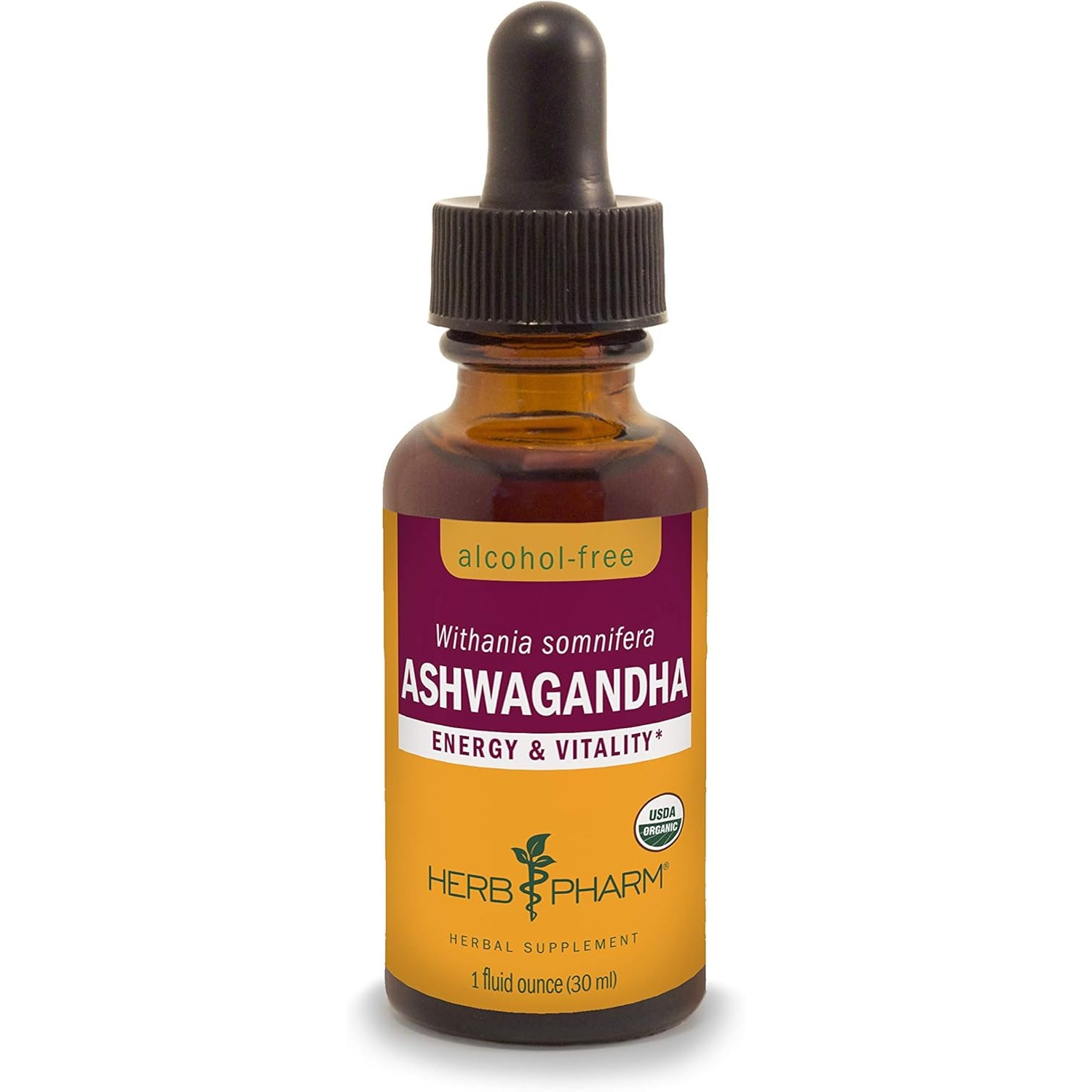
Ashwagandha is easily one of my favorite adaptogenic herbs. I put this in my morning latte sometimes if I'm going through a particularly stressful period. It's great to know that it can help balance cortisol levels and helps your body adapt to stress in a healthy way.
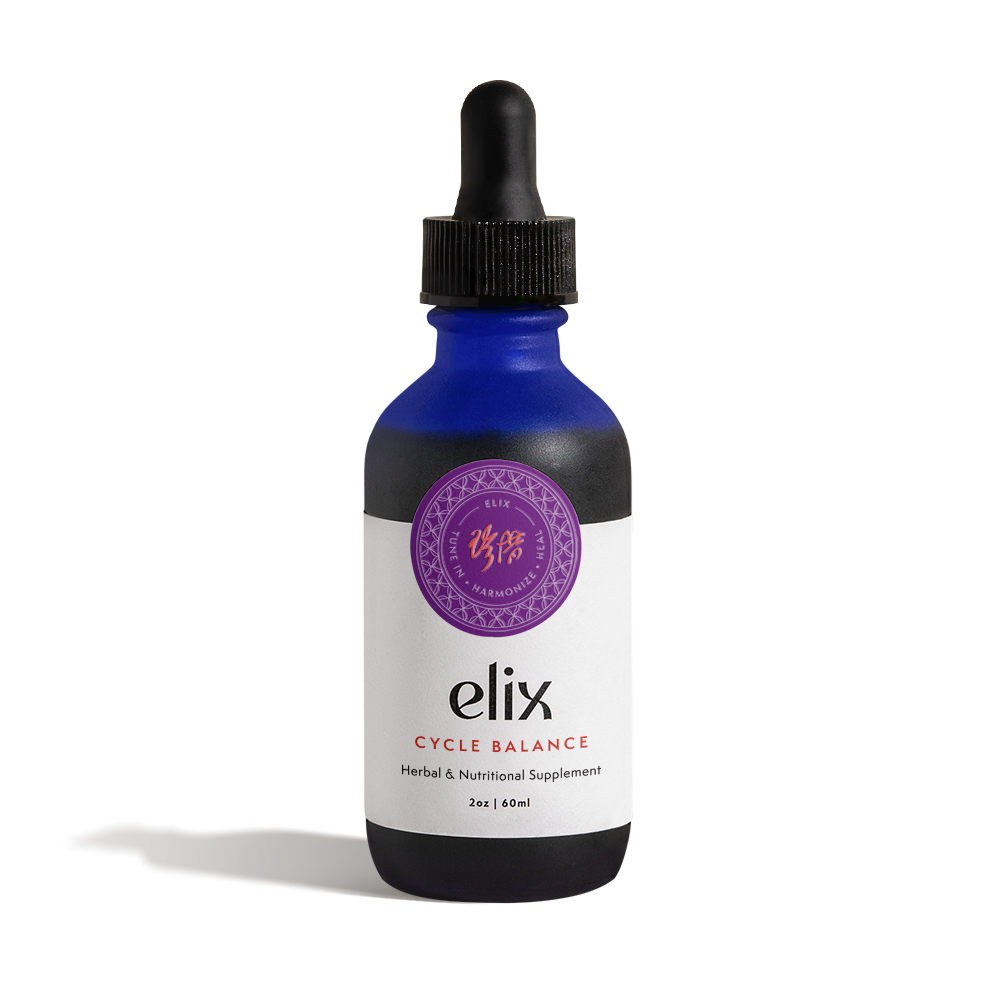
When I first went off hormonal birth control, I started taking this to manage any uncomfortable adjustments, and it worked like a charm for me. Elix utilizes Chinese medicine to create a custom formula made just for you to help you manage your cycle symptoms. All you have to do is take a short quiz about any menstrual symptoms you struggle with, and the brand will put together a tailored blend of medicinal herbs that help treat underlying imbalances.
I had such a great experience with it. Once I'd been taking it for a month and and a half, I stopped having cramps and headaches, and my breakouts reduced greatly. The brand has other great stress-support formulas like Daily Harmony.
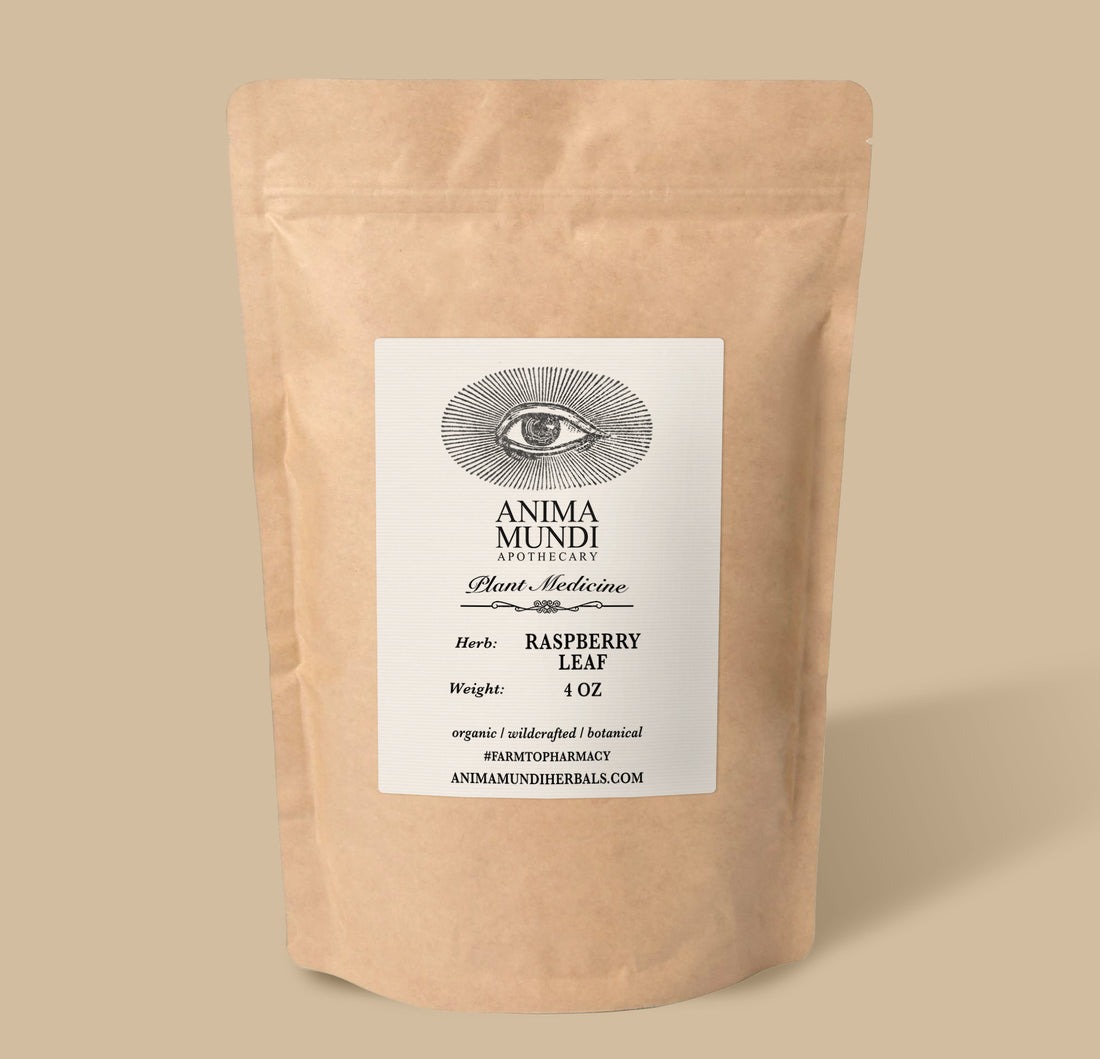
Like Ayales mentioned above, raspberry leaf provides so many benefits. Not only is it high in protective antioxidants, but it can also potentially help with PMS symptoms and during pregnancy.
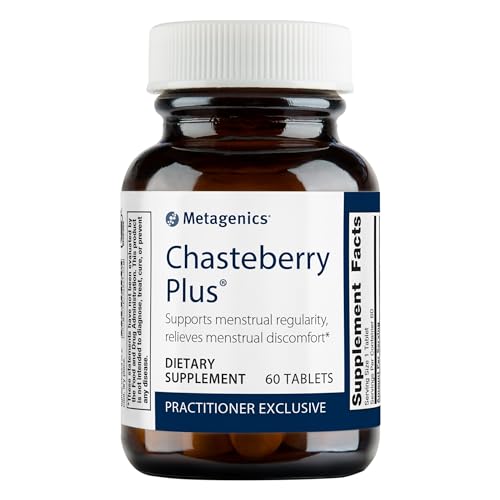
I love Metagenics formulas because they're really high-quality and science backed. This is another super blend that's great for reproductive health, containing a mix of chasteberry, black cohosh, and ashwagandha.
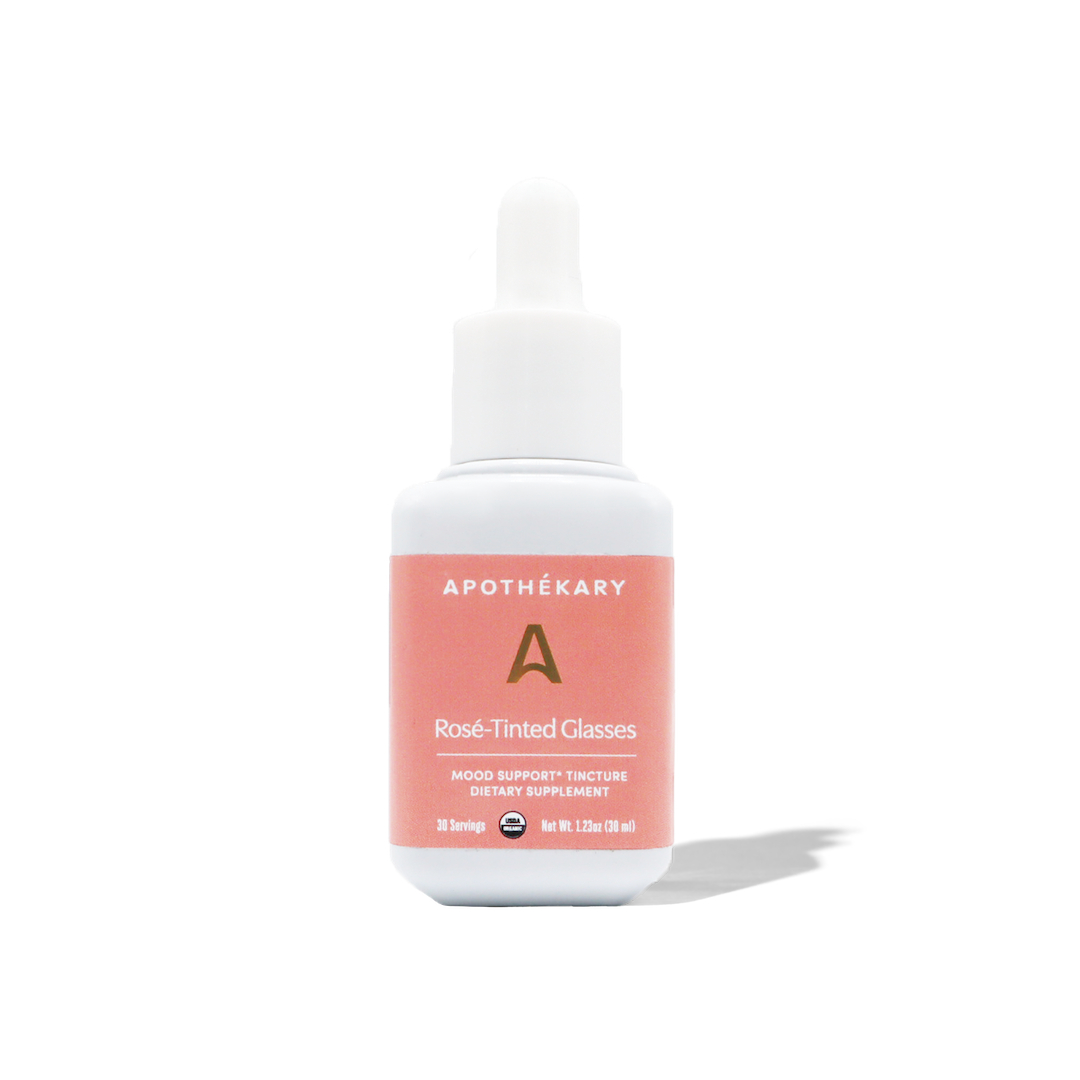
This is one of my favorite tinctures from the brand. I typically like to put it in my coffee or matcha in the morning, but it's also great to take in the evening because it's designed to be an uplifting alternative to alcohol. It also contains schisandra, and as Giroux stated above, it can support healthy skin, digestion, heart health, and cognitive function.
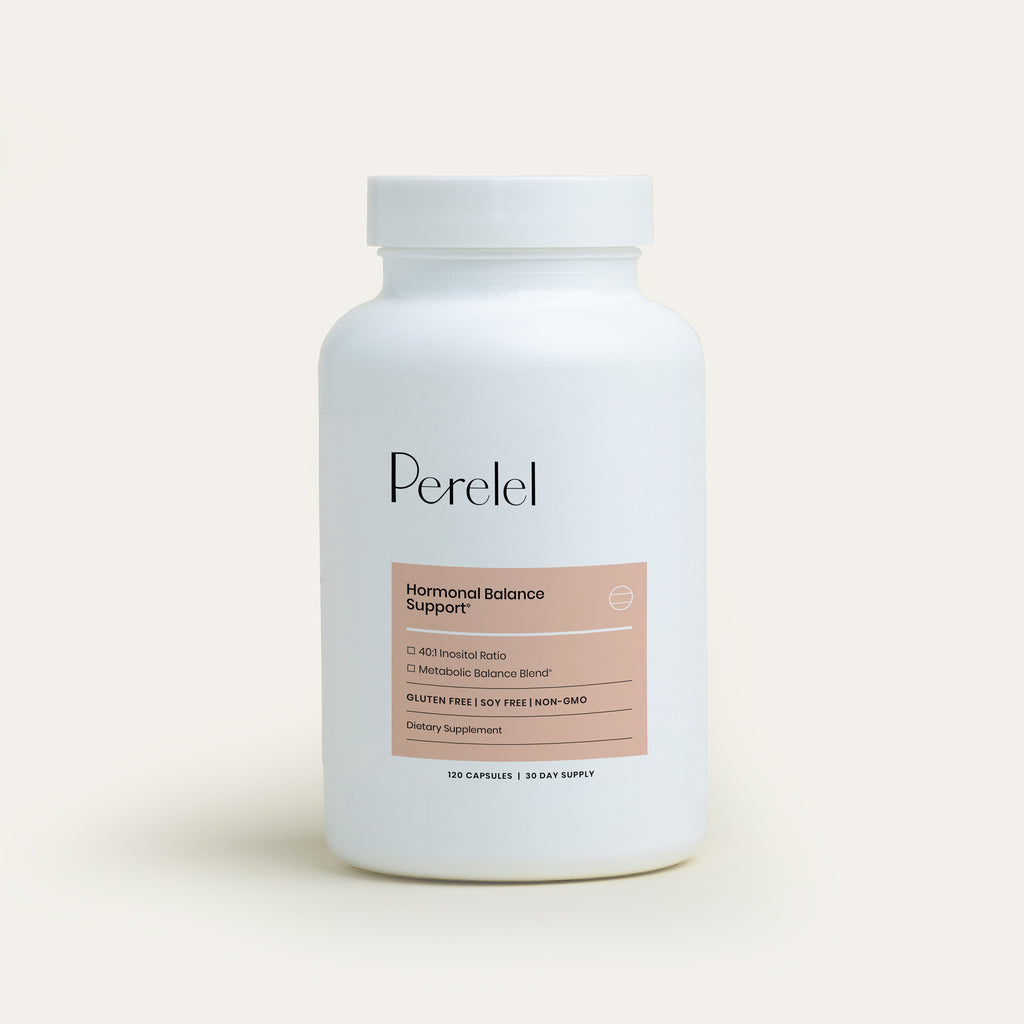
Another great option is Perelel's Hormonal Balance Support. While it is a bit pricier, this supplement was formulated by a team of OB-GYNs to support healthy ovulation and regular menstrual cycles. It contains ingredients like berberine and alpha-lipoic acid.
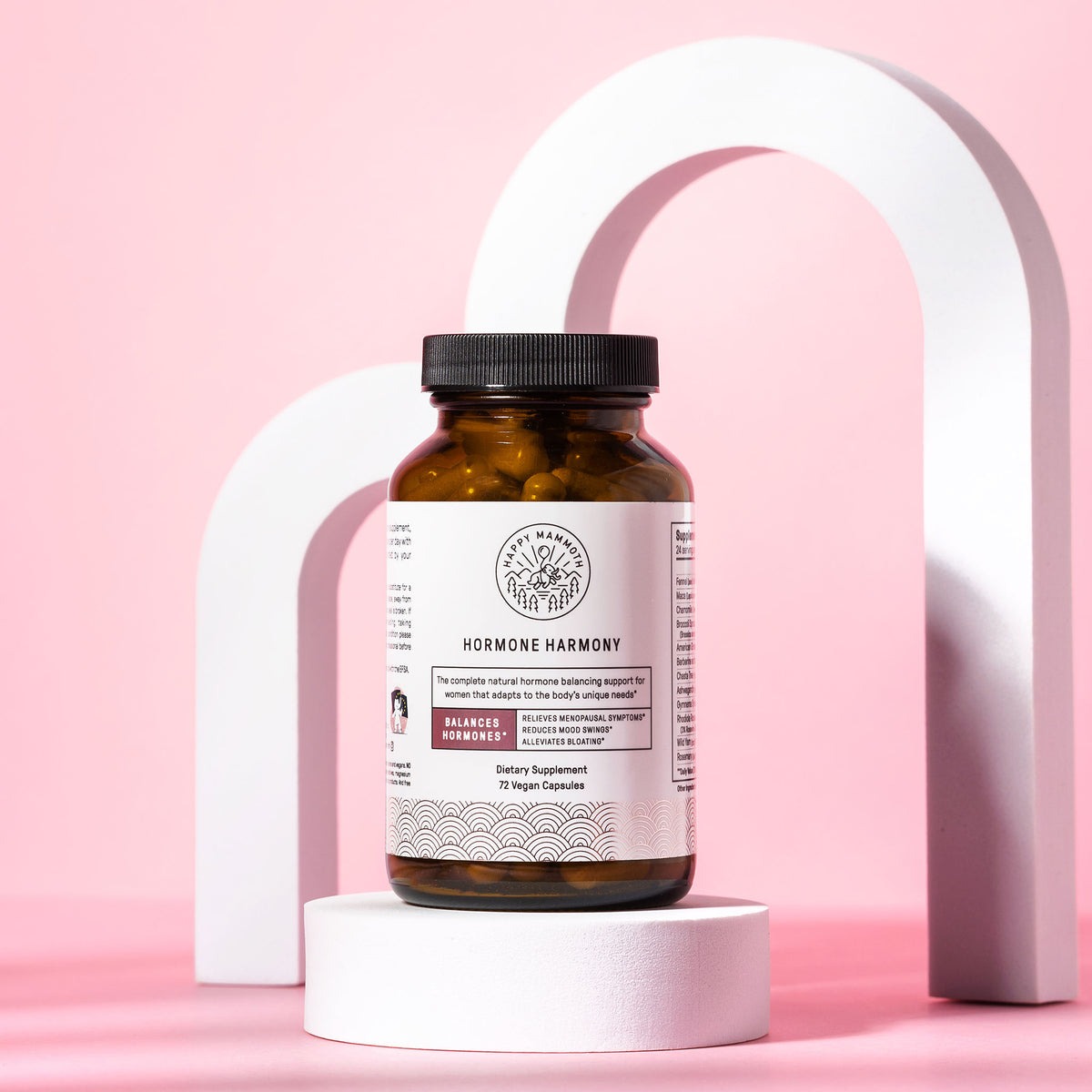
Happy Mammoth's Hormone Harmony is another favorite supplement of mine. It supports a number of cycle-related troubles and even helps to regulate healthy estrogen and progesterone levels. It also has an adaptogenic effect, enhancing the body's ability to adapt to stress, and improves symptoms of menopause. Anecdotally, I noticed that it helped stop my period cramps.
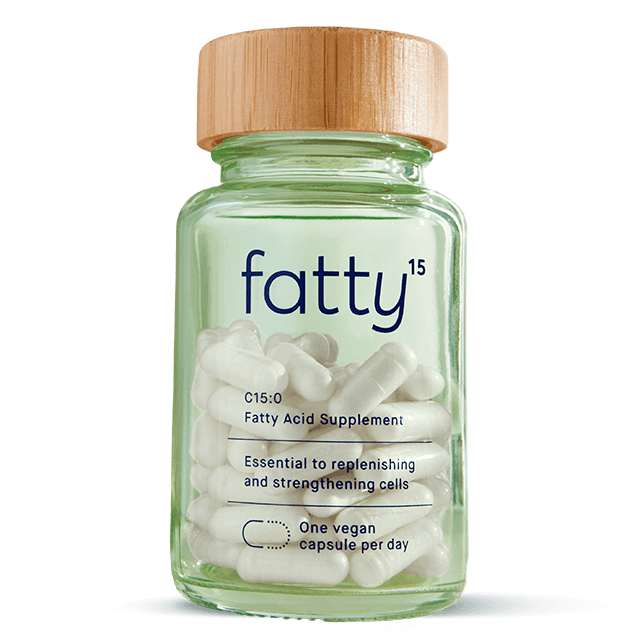
While Fatty 15 is less herbal and more fat based, the benefits are incredible. It's packed with an essential fatty acid that promotes healthy metabolism, immune function, and gut, liver, and heart health. Since everything in the body is so interconnected, having healthy function of these things and good detox pathways means less discomfort overall.
This is another supplement I take that I love. My immune system function has improved massively since I started taking it. I rarely get sick anymore, and if I do, I kick things much faster than I used to.
Disclaimer
This article is provided for informational purposes only and is not intended to be used in the place of advice from your physician or other medical professionals. You should always consult your doctor or healthcare provider for any health-related questions.
Shawna Hudson is a beauty, wellness, lifestyle, and travel writer with over 10 years of experience. She graduated from California State University, Fullerton, with a degree in journalism and has written for other publications such as Bustle, The Zoe Report, Byrdie, Elite Daily, and more. She is currently a beauty writer at Who What Wear and hopes to continue feeding her (completely out-of-control) beauty obsession as long as she can. Stay up to date on her latest finds on Instagram @shawnasimonee.
-
 A Spring Refresh Hates to See Me Coming—30 Beauty and Wellness Staples Currently on My Wish List
A Spring Refresh Hates to See Me Coming—30 Beauty and Wellness Staples Currently on My Wish ListFrom ankle weights to eye cream and beyond.
By Kaitlyn McLintock
-
 When We're Busy AF, These "Slow Living" Beauty Routines Help Us Find Our Chill
When We're Busy AF, These "Slow Living" Beauty Routines Help Us Find Our ChillMore cozy vibes, please.
By Maya Thomas
-
 I Live in the Midwest—18 Beauty, Wellness, and Home Goods I Use to Winterproof My Routine
I Live in the Midwest—18 Beauty, Wellness, and Home Goods I Use to Winterproof My RoutineNo winter scaries for me.
By Kaitlyn McLintock
-
 I'm Kicking Off 2025 With an Elite Beauty Routine—30 Finds I Can't Wait to Start Using
I'm Kicking Off 2025 With an Elite Beauty Routine—30 Finds I Can't Wait to Start UsingMy wallet won't know what hit it.
By Maya Thomas
-
 The NOW Founder Gara Post Just Shared Her Self-Care Cheat Sheet With Me—10 Items I'm Buying Immediately
The NOW Founder Gara Post Just Shared Her Self-Care Cheat Sheet With Me—10 Items I'm Buying ImmediatelyWe're so aligned on our wellness practices.
By Shawna Hudson
-
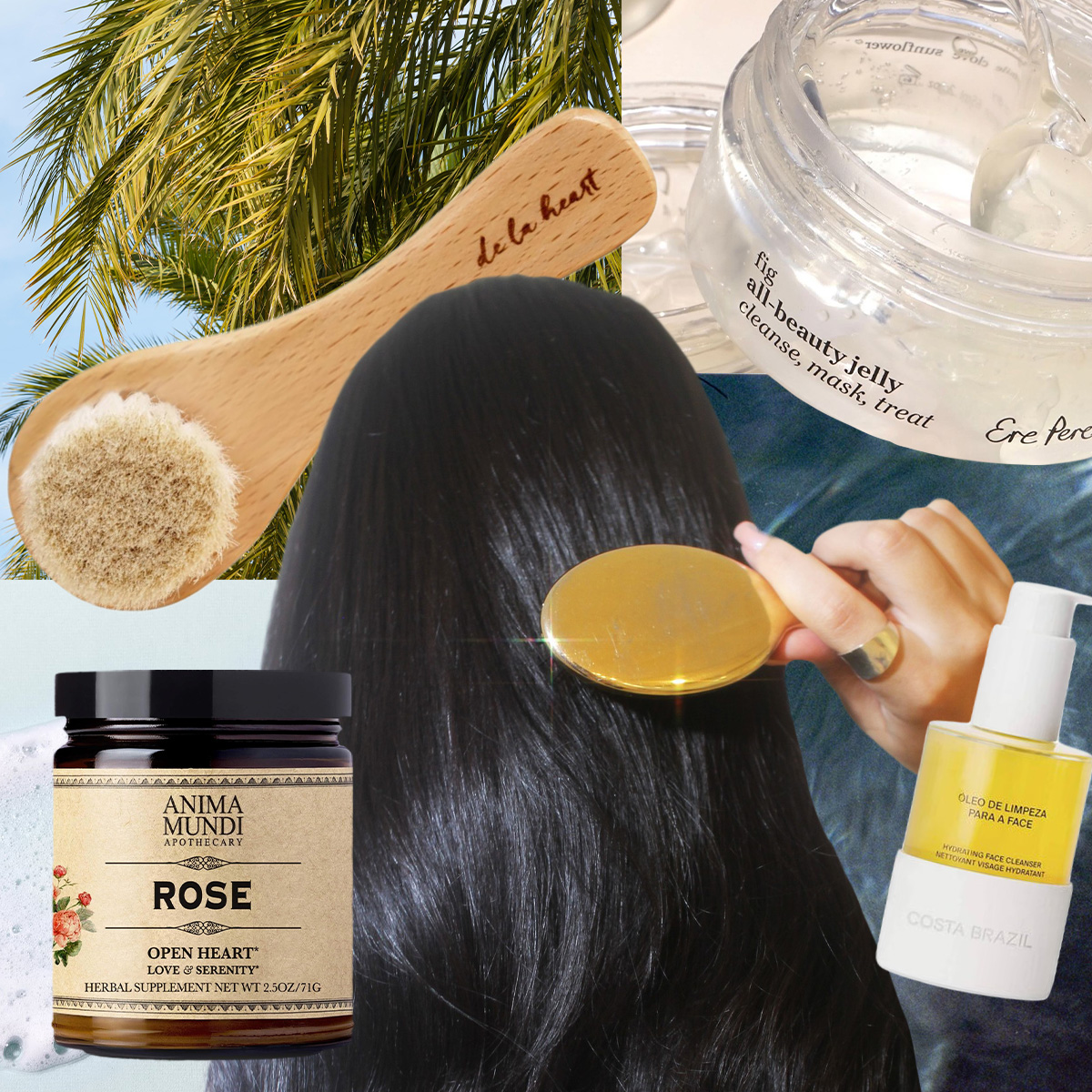 For These Latin American Brand Founders, Wellness Is Meaningful, Complex, and Rooted in Culture
For These Latin American Brand Founders, Wellness Is Meaningful, Complex, and Rooted in CultureLearn about their practices and philosophies.
By Kaitlyn McLintock
-
 Dopamine Menus Are Taking Over TikTok, so We Curated the Ultimate Beauty-Editor Special
Dopamine Menus Are Taking Over TikTok, so We Curated the Ultimate Beauty-Editor SpecialFrom us, to you.
By Maya Thomas
-
 My Aesthetician Said This Underrated Practice Is the Key to Better Sleep, Less Stress, and Great Skin
My Aesthetician Said This Underrated Practice Is the Key to Better Sleep, Less Stress, and Great SkinI've been sleeping on this for real.
By Shawna Hudson

